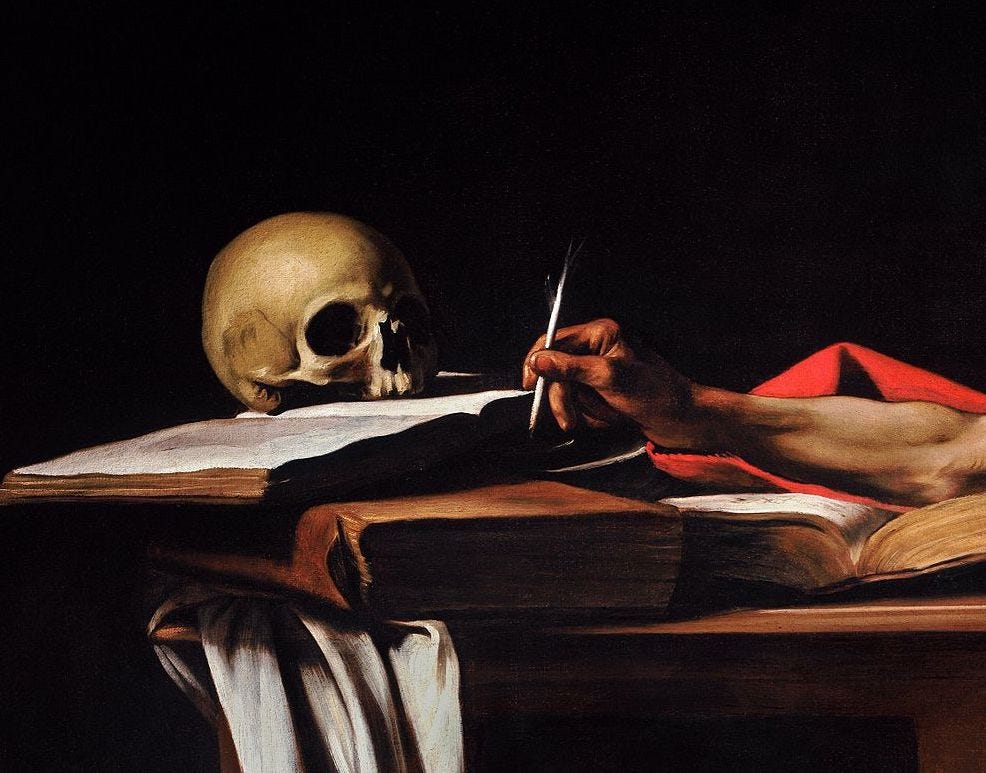Happy All Saints! Now let’s get dark.
1. Pandemic Amnesty
The Atlantic has an interesting piece by Emily Oster in which she argues for a pandemic amnesty. The nub of her argument is that for much of our COVID-19 trial, we had imperfect information; we made the best judgments we could; some of these judgment calls turned out to be wrong; we should avoid recriminations, be charitable, and move forward in good faith trying to fix our mistakes.
What makes Oster’s piece interesting is that her appeal for amnesty is exclusively posited in regard toward mistakes born of COVID hawkishness. She thinks that people who became mask-scolds outdoors, or who closed public parks, or who kept schools virtual for longer than needed ought to be forgiven so that we don’t keep fighting those wars for forever.
It’s hard to disagree with Oster on the merits. American officials, both elected and unelected, made many public policy mistakes on COVID.
Does this surprise Oster?
It shouldn’t. We make public policy mistakes constantly, even on issues which develop slowly and of which we possess perfect and complete information sets.
Honestly: If we can’t get education or tobacco use right—if it took us three generations to get seatbelts right as a matter of policy—then why would anyone have expected us to play perfect baseball with a once-a-century pandemic that began killing by the tens of thousands in a matter of weeks?
So yes. I’m all for “amnesty” for officials and institutions who didn’t get COVID best-practices exactly right within the first year of the crisis. I guess.
That said, here is the entirety of what Oster has to say about the people who were wildly and willfully irresponsible in trying to thwart public-health measures meant to mitigate the spread of COVID:
Obviously some people intended to mislead and made wildly irresponsible claims. Remember when the public-health community had to spend a lot of time and resources urging Americans not to inject themselves with bleach? That was bad. Misinformation was, and remains, a huge problem. But most errors were made by people who were working in earnest for the good of society.
I don’t want to do a hand-count on Oster's math here. If she wants to believe that “most” of the errors of judgment on COVID came from people who were overzealous in their desire to protect the good of society, that’s fine.1
What I want to point out is this: In our societal after-action report on COVID, the only mistakes anyone is being called to account for are those which are now seen as having been overly cautious.
No one who downplayed COVID, or spread misinformation about it, is facing anything like a public reckoning.
And that’s because, at a molecular level, Donald Trump was right about the politics of COVID. He knew that the people who lived through the pandemic would, in the end, care only about how their lives had been impacted. They would not care—at all—about the dead.



